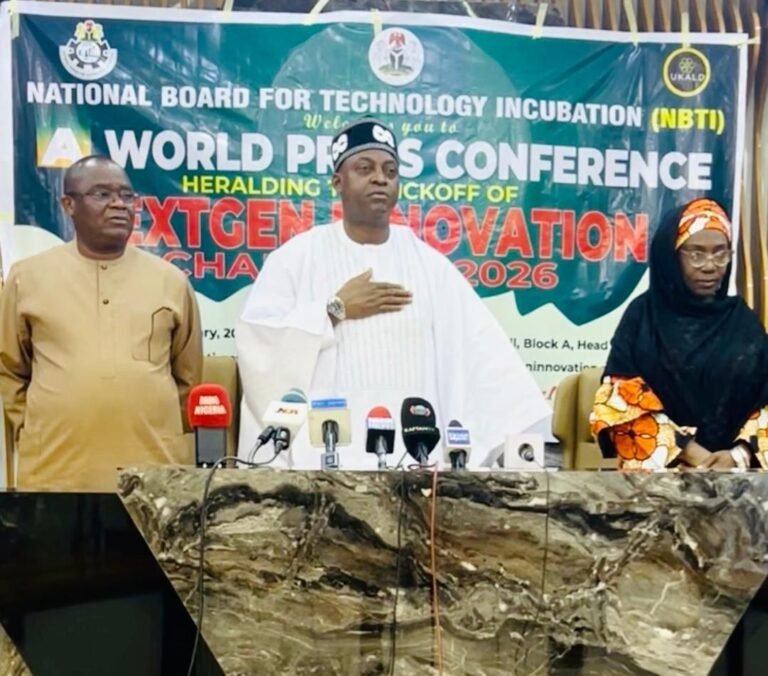
BENIN CITY CNG CALAMITY: Wake-Up Call for Enhanced Safety Protocols in Nigeria’s Energy Industry”
By Morgan Okwoche
October 18, 2024
The recent CNG cylinder explosion in Benin City is a stark reminder that Nigeria’s CNG industry needs to prioritize safety. On Wednesday, a CNG-powered vehicle exploded at the NIPCO filling station in Aduwawa, Benin, leaving three people severely injured
The incident was caused by a locally fabricated cylinder, deemed substandard, which is unacceptable.
NIPCO Gas Ltd. has attributed the explosion to the fake and substandard Compressed Natural Gas (CNG) cylinder installed in the vehicle, The Presidential CNG Initiative (PCNGI) also expressed concern, stating that the incident was a result of an illegally modified vehicle, The PCNGI commiserates with those injured and is thankful that no lives were lost.
This tragedy highlights the dire consequences of compromising on safety codes and standards. The government’s push for CNG adoption is jeopardized by such incidents, and it’s crucial to address the issue. To start with, regulatory authorities must conduct a thorough investigation into the incident, examining the manufacturing process, quality control measures, and regulatory oversight.
Nigeria can learn valuable lessons from past CNG accidents in other countries to ensure a safe and successful implementation of its own CNG program.
In 2012, a CNG bus explosion in Mumbai highlighted the importance of regular maintenance and safety checks for all CNG vehicles. Investigations revealed that a leakage in the fuel supply system caused the blast. In response, India tightened regulations and enforced stricter quality control measures ¹. Another incident in Goregaon, Mumbai, resulted in injuries and prompted authorities to enhance safety protocols for CNG operations.
Also in 2019 CNG cylinder explosion at a Karachi filling station demonstrated the devastating consequences of inadequate safety measures. The blast occurred due to a gas leak and electrical short circuit, resulting in fatalities. This tragedy underscores the need for rigorous safety standards and emergency preparedness.
To prevent such accidents, Nigeria should prioritize:
All CNG vehicles undergo routine safety checks.
– Enforce robust quality control measures for CNG equipment and operations.
– Develop comprehensive response plans for potential accidents.
– Educate citizens on CNG safety benefits and risks.
learning from these international experiences, Nigeria can create a safer and more sustainable CNG industry, protecting lives, property, and the environment.
Collaborative regulatory efforts between government agencies and industry stakeholders are crucial for Nigeria’s CNG implementation program, especially at its current infancy stage. To ensure a safe transition to a CNG nation, it’s essential to eliminate quackery and implement robust safety measures, protecting citizens and promoting sustainable energy development
The presence of quacks in the CNG industry exacerbates safety risks, prioritizing profits over safety. It’s essential to weed out unqualified operators and ensure that only certified professionals handle CNG-related activities.
The tragedy in Benin City is a wake-up call for Nigeria’s CNG industry to prioritize safety. This devastating incident highlights the dangers of quackery and substandard practices that can have far-reaching consequences, including loss of life and damage to property.
To prevent such tragedies, Nigeria must take decisive action and Stringent Safety Measures must be put in place, including:
– Establishing strict licensing requirements for CNG technicians and operators to ensure only qualified professionals handle CNG-related activities.
– Conducting regular inspections and audits to identify and address potential safety risks.
– Prosecuting unlicensed operators and quacks who compromise safety standards.
– Mandating industry-wide training programs to enhance technicians’ skills and knowledge.
Therefore commend the government for taken steps to promote the use of CNG, including the Presidential CNG Initiative (Pi-CNG), which aims to provide cheaper and cleaner fuel alternatives for Nigerians Additionally, the Petroleum Industry Act (PIA) establishes a regulatory framework for the industry, with agencies like the Nigerian Upstream Petroleum Regulatory Commission and the Nigerian Midstream and Downstream Petroleum Regulatory Authority overseeing safety standards
However, more needs to be done to eradicate quackery and ensure public safety. Stakeholders, including the Major Energies Marketers Association of Nigeria (MEMAN) and the Nigerian Gas Association (NGA), emphasize the importance of operational safety in the CNG sector
Collaborative regulatory efforts between government agencies and industry stakeholders are crucial for Nigeria’s CNG implementation program, especially at its current infancy stage. To ensure a safe transition to a CNG nation, it’s essential to eliminate quackery and implement robust safety measures, protecting citizens and promoting sustainable energy development.
By implementing these measures, Nigeria can create a safe and sustainable CNG industry, protecting lives, property, and the environment.
Okwoche, Former MD/CEO, Gas Aggregation Company Nigeria Limited (GACN) & Pioneer CNG Project Engineer, writes from Abuja”







